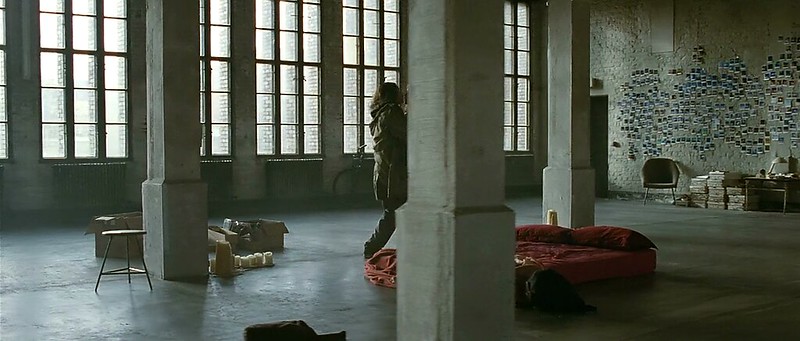
It's Time To Archive And Delete
Over the last two years, I have been going back and forth from one city to another—Raleigh (North Carolina), Sydney (Australia), Málaga (Spain), London (UK), Cambridge (US).
The thoughts of Marshall Haas on Sell Everything express with great accuracy what I am constantly experiencing:
Each time I returned from a long trip, I would realize how little I actually needed.
Your home is like a giant inbox that’s been filled with too many material possessions over the years. It’s time to ruthlessly archive and delete.
When temporarily moving somewhere –in my case two years– other than your home, you pack what you actually need and leave. The same process happens when returning home. Lots of things are left behind because they are not important and –if needed in the future– could be easily replaced.
When you get back home, you realize how much stuff you own which you forgot you even had. You don't need those things for a remarkable life. The sole fact of having storage to keep stuff makes us not even wonder if we should get rid of all of it.
Analyze what you have. Think if you will ever use it. Is the answer no? Give it to someone. Sell it on eBay. Trash it.
Living with less makes you appreciate more what you have. When you let stuff go, you keep what really matters to you. You keep the stuff that defines you.
If you are still reading this, you may appreciate some tips that helped me declutter my physical space and get rid of stuff:
Take Everything Out of its storage. Think well about which of those things you will ever use again and put them back in. If you have been honest with yourself, everything left outside is good to go.
Picture Perfect. If you have sentimental clutter, “an image of an object can be as powerful as the object itself,” as Erin Doland states in Unclutter Your Life In One Week. Take a picture of those things that have a lot of meaning but you know they are useless. Storing them in digital format can be even better.
Go Away. Test Yourself. The best way to know what you really need to keep is going away for a while. Move from where you usually live with the minimum number of things needed for living and working.
This same process can be used for digital clutter. Your folders. The files in your Desktop. The apps in your phone. Your bookmarks. Well, you get the idea. Force yourself to only have what defines you, what you actually use. Less choice means less clutter.